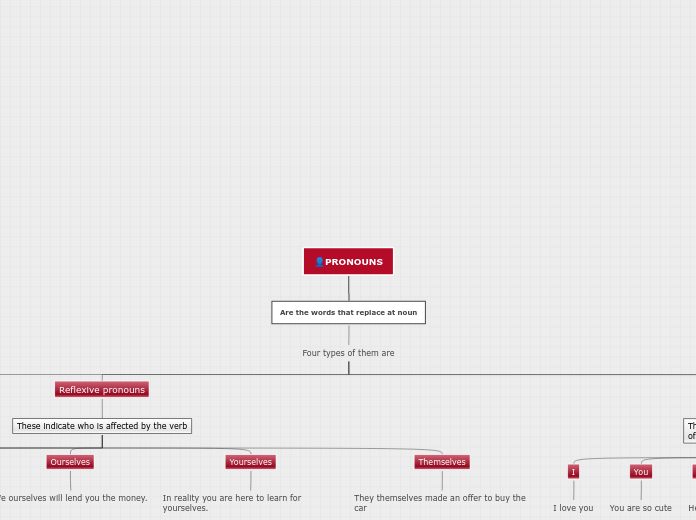по Waqar Syed - Rick Hansen SS (2542) 8 лет назад
317
L02
Corporations are business entities that have been granted legal rights, privileges, and liabilities distinct from their owners and employees. They can range in size from small, individually-owned companies to large multinationals.









